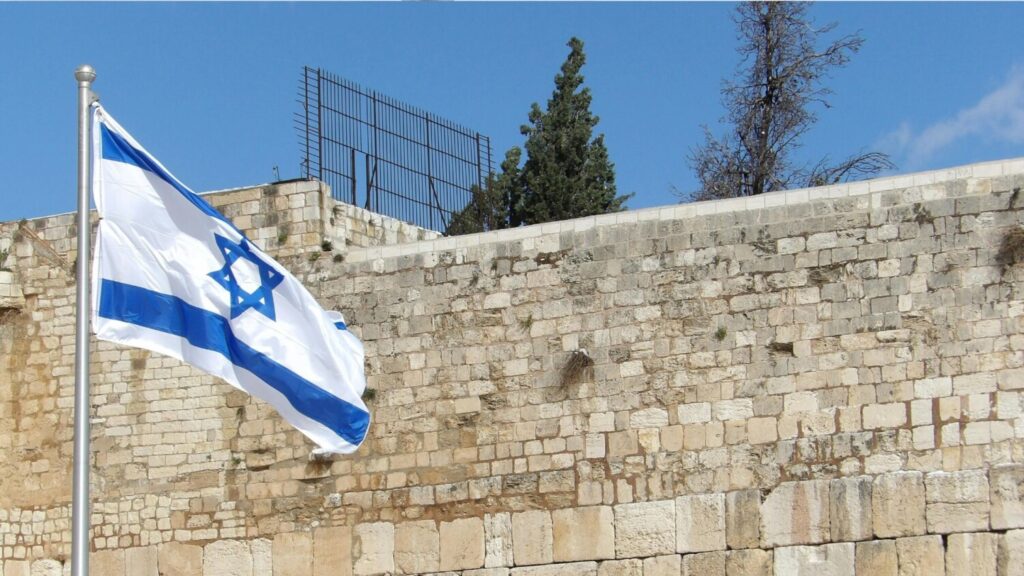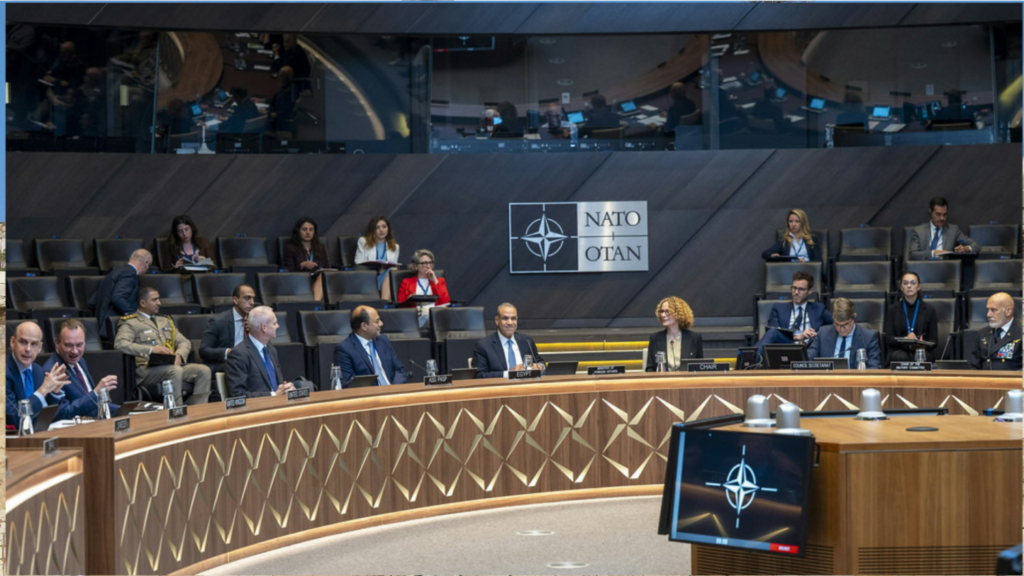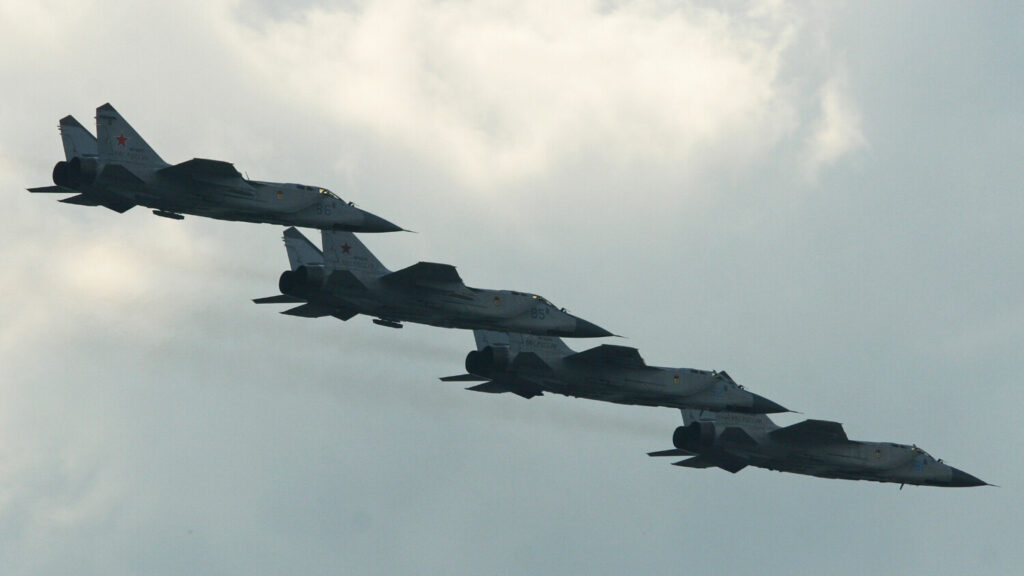When will the Malian Transitional Government Handover Power to Civilians?
While Mali was mired in a war, with terrorist attacks and inter-ethnic violence, since 2012, the Malian armed forces carried out a coup on August 18, 2020- the second in the democratic era and the fourth in the country’s history – and forced the president Ibrahim Boubacar Keïta to resign. It was the culmination of months of political instability since the legislative elections of March 2020. Under pressure from the Economic Community of West African States (ECOWAS), the military hastened to set up transitional bodies. The junta committed to a transition within 18 months and tasked retired Colonel Bah N’Daw with leading the transition to a new civilian regime with general elections expected in 2022.
Bah Ndaw is a civilian as it was required by ECOWAS. However, he is a retired air force officer and was briefly Minister of Defense and Veterans Affairs in 2014, during the first term of President Ibrahim Boubacar Keïta. His vice-president is Colonel Assimi Goïta, commander of the special forces, head of the ex-junta and endowed with important security prerogatives according to the transitional charter. The choice of this presidential pair indicates the putschists’ desire to retain power.
The National Committee for the Salvation of the People formed by the soldiers who overthrew Ibrahim Boubacar Keïta was officially dissolved as it was required by ECOWAS by a decree of January 18, signed by the transitional president and the Prime Minister. This could be interpreted as a sign of goodwill and a path toward the restoration of civilian power, yet the members of the now ex-junta are more than ever involved in Malian political life. The regalian ministries and the National Transitional Council, which serves as Parliament, are in the hands of the military and thirteen governors out of twenty are from the military and close to Colonel Goïta. Officers have been appointed as prefects and sub-prefects in several districts of the country while there are qualified civilian administrators to fill these positions. The military is at all levels of decision-making bodies.
The putschists believe to have strong popular support since on the announcement of the coup, on August 18, 2020, many Malians took to the streets to support them. However, this desire to militarize the civil administration raises the question of whether the transitional institutions will be able to keep their promises given the scale of the tasks to be accomplished by the end of their 18-month mandate. The elections, the reform of the Constitution, the fight against the jihadist spread as well as the many ills of the country which led to the fall of the regime of ex-president IBK are problems awaiting solution. The recent dissolution of the Independent National Electoral Commission has raised a wave of criticism from political parties and civil society, who fear that this dissolution could be part of a government strategy to control the elections to its advantage. Many of the junta’s actions fuel suspicion of a hidden agenda. Without being able to present themselves, members of the ex-junta may be tempted to dub candidates. This would allow them to continue pulling the strings of political life even after the transitional period.
This militarization of power worries ECOWAS but also some neighboring countries of Mali which do not want the military to consolidate their power even more and set a precedent. Côte d’Ivoire and Guinea have recently experienced episodes of post-election violence and have a tradition of political instability and Niger is going through a turbulent period marked by jihadist incursions. The authorities of the region are afraid to see their people in the streets and that Mali will serve as an example. Therefore, ECOWAS and the regions’ leaders will continue to put pressure on the military and possible new sanctions cannot be ruled out. Yet, the risk of seeing the transition extend beyond the 18 months planned with the military clinging to power, as it is often the case in Africa, remains very real. None of the many projects planned has really been started and the specter of a new socio-political crisis is hanging over the country. The stick of sanctions waved by ECOWAS could spell hard times for the Malian people at a time when the country is already battered by socio-economic difficulties compounded by the coronavirus health crisis.
References
- « Au Mali, des militaires aux postes-clés du gouvernement de transition », Le Monde, 6 October, 2020
- « Putsch au Mali : Goodluck Jonathan de retour à Bamako », France 24, 13 January, 2021
- « Mali : la dissolution du CNSP décrétée par Bah N’Daw », Jeune Afrique, 16 January, 2021
- « CNSP supprimé au Mali : non-événement ou soulagement ? », DW, 29 January, 2021



